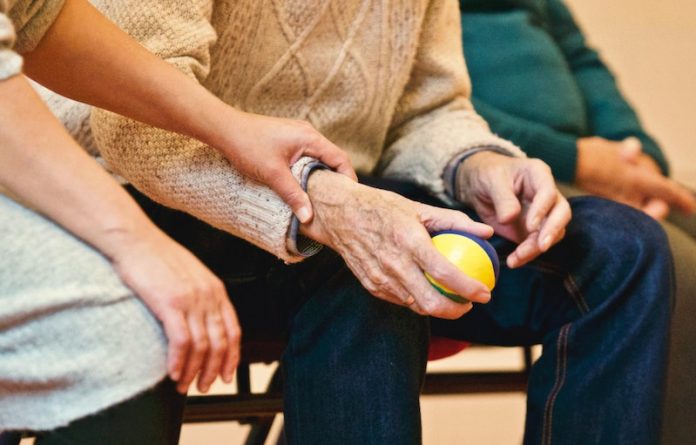
In a study from Mayo Clinic, scientists found that a lack of shrinkage in the area of the brain called the hippocampus may be a sign that people with thinking and memory problems may develop dementia with Lewy body rather than Alzheimer’s disease.
Atrophy of the hippocampus, the area of the brain responsible for thinking and memory, is an early sign of Alzheimer’s disease.
Lewy bodies are protein deposits that develop in nerve cells in regions of the brain involved in thinking, memory, and movement.
Dementia with Lewy body is a progressive disease that causes hallucinations, a decline in mental abilities, rigid muscles, slow movement, and tremors.
With symptoms similar to Alzheimer’s disease and Parkinson’s disease, a correct diagnosis can be difficult.
In the study, researchers examined 160 people with mild cognitive impairment who had brain MRI scans to measure hippocampus size. They also had yearly tests for an average of two years.
During that time, 61 people, or 38 percent, developed Alzheimer’s disease, and 20 people, or 13 percent, progressed to probable dementia with Lewy bodies.
Because Lewy body disease can be diagnosed only by an autopsy after death, it is called probable dementia with Lewy bodies.
The team found people who had no shrinkage in the hippocampus were 5.8 times more likely to develop probable dementia with Lewy bodies than those who had hippocampal atrophy.
Seventeen of 20, or 85 percent, of people who developed dementia with Lewy bodies, had a normal hippocampus volume; whereas, 37 of the 61, or 61 percent, of people who developed Alzheimer’s disease had hippocampus atrophy.
The relationship between hippocampus volume and disease was stronger among people without memory issues.
Dementia with Lewy bodies does not always affect memory. Affected thinking skills usually include attention, problem-solving, and interpreting visual information.
The team says finding people with mild cognitive impairment at risk for dementia with Lewy bodies is critical for early interventions.
Early diagnosis helps target appropriate treatments, including what medications not to give. For example, as many as 50 percent of people with Lewy body disease have severe reactions to antipsychotic drugs.
If you care about dementia, please read studies about how to stop dementia from the nose, and how to prevent frontotemporal dementia.
For more information about brain health, please see recent studies about therapy that could boost recovery from stroke and dementia, and results showing common high blood pressure drugs can help repair blood vessels in the brain.
The research was published in Neurology and conducted by Kejal Kantarci et al.
Copyright © 2022 Knowridge Science Report. All rights reserved.



